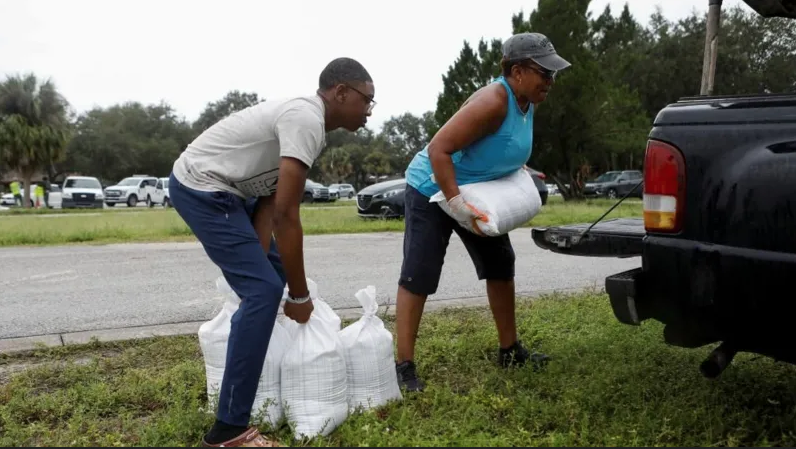PDM tired of men drinking too much
Written by on June 13, 2024
… Proposes more rehabilitation centres
Popular Democratic Movement (PDM) vice president Jennifer van den Heever last week tabled a motion in parliament seeking the establishment of more state-owned alcohol and drug rehabilitation centres in every region to save men from drinking too much.
The motion is aimed at addressing the accessibility and affordability of alcohol and drug rehabilitation centres in the country, as well as highlighting the dangers of alcohol and drug abuse and ensuring addicts get help.
“Drug and alcohol addiction is a global problem. The ways in which governments around the world react offer a plethora of new ideas on helping addicts, removing stigma and starving the markets exploiting vulnerable people,” Van den Heever said.
She said Namibians aged 15 years and older drink an average of 32,4l of pure alcohol per person per year, making Namibia rank among the highest alcohol-consuming countries in the African region.
Jennifer van den Heever
“Heavy occasional drinking is also worrying, especially among men, with 71,6% of men who are 15 years and older, and 74,1% of 15- to 19-year-olds having drunk at least 60g or more of pure alcohol on one occasion during the 30 days preceding the survey,” Van den Heever said.
She said social workers of the Ministry of Health and Social Services in every region should lead the proposal for more government rehabilitation centres.
Most types of therapy aim to reduce the harm of drug and alcohol abuse and helps one develop the skills to live without these substances, she said.
“Rehab services offer treatment, counselling and support. This means you don’t have to do it alone,” Van den Heever said.
She said access to affordable drug and alcohol rehabilitation services should be available to all those in need.
“This should be the main premise of the Ministry of Health and Social Services. It is therefore high time that the government ensure all people have access to the needed promotive, preventive, curative, rehabilitative and palliative services of sufficient quality to be effective, while ensuring this does not expose the user to financial hardships,” she said.
EXPENSIVE
Van den Heever said Namibia is problematic with regards to the accessibility and affordability of rehabilitation services.
“There is a sufficient lack of alcohol and rehabilitation centres in Namibia. The Etegameno Rehabilitation Centre of the health ministry is the only state rehabilitation centre that offers treatment and the rehabilitation of alcohol and drug-dependent individuals and their families,” she said.
She said that the centre charges a maximum of N$1 000 for employed people and N$350 for unemployed people for admission.
Other private rehabilitation centres include Mount Sinai Recovery Centre at Usakos, Okonguarri Psychotherapeutic Centre at Outjo and Cornerstone Wellness Centre at Brakwater, which she said charge above N$20 000 for treatment.
“This cost of treatment is exorbitant, and so many of these people are unemployed,” she says.
Ben Nangombe
GOOD IDEA
Executive director of health and social services Ben Nangombe says having rehabilitation centres countrywide would be good for the country.
He says the question is whether available resources would allow this.
“The Etegameno Rehabilitation Centre in Windhoek, although not adequate, is providing services, but the capacity is limited. So to say there should be a centre in each region may not be realistic at this time,” Nangombe says.
He says there are ongoing efforts to strengthen the public health sector, such as the N$16 billion that was approved for the mobilisation of additional resources last year.
“The ministry offers counselling services at different facilities countrywide … It does not necessarily mean a person needs a facility to receive counselling, since counselling can be offered outside facilities,” he says.
Nangombe says the ministry works in conjunction with various community-based organsations to offer counselling services.
The post PDM tired of men drinking too much appeared first on The Namibian.


